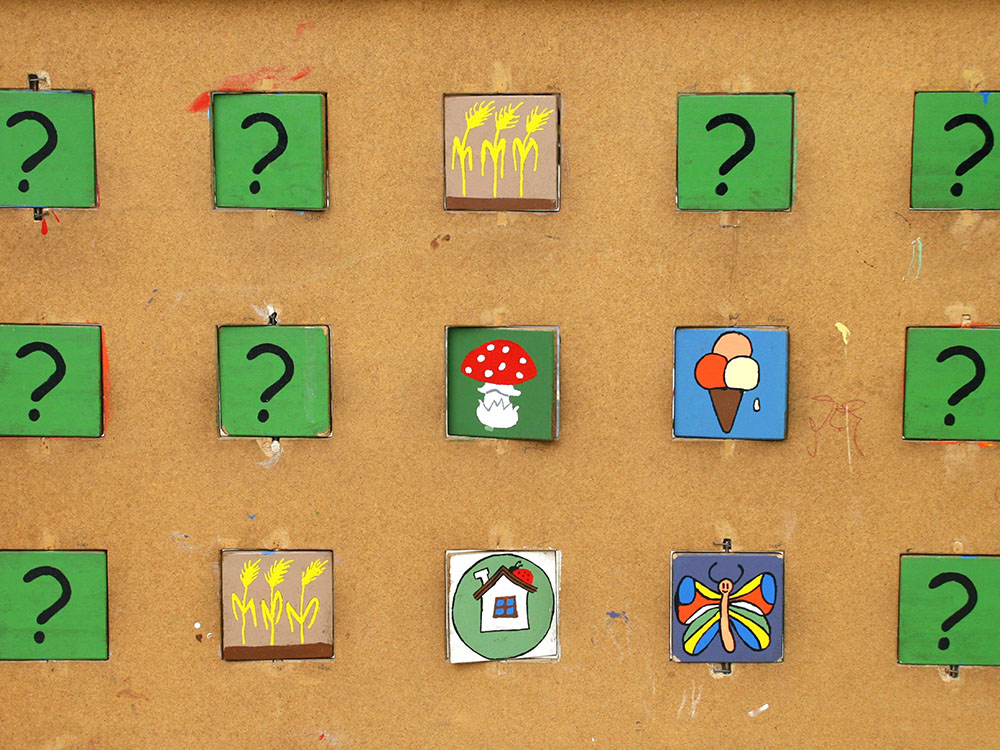(844) 5-SPEECH

Strategies for Improving Memory
February 13, 2023
Memory strategies are techniques that we utilize to assist us in recalling information. The information that we take in undergoes the three stages of memory: encoding, storage, and retrieval. The encoding stage of memory adapts information into a design stored in the brain. The information is then either stored in the long-term memory or short-term memory. This allows us to recover the information from storage. Some memory strategies are beneficial for learning information, while other strategies are beneficial for recalling information that is already learned. Utilizing memory strategies can help children remember important information like directions, facts, and assignments.
Here are some tips and strategies you can use with your children to help them learn and remember information:
- Review and Repeat- The more frequently you repeat information, the more likely it is that you will remember it. This strategy also helps you recall new information if you review it along with information you already know.
- Say It, Write it- Including numerous senses (e.g., seeing, hearing, touching, doing) aids in learning and remembering information by providing contrasting ways for your brain to acquire the information, as well as by repeating the information.
- Personalize It- Children are more likely to recall information if it relates to them. If they can relate the information to something they already know and have experienced, they are more likely to remember it.
- Rhymes and Songs- Music, rhythm and rhyme can assist children in remembering information. One example of this strategy is “In 1492, Columbus sailed the ocean blue” because it encompasses rhythm and it rhymes.
- Tell a Story- Stories allow us to create a picture in our minds that is easy to remember later. Children can make up a story using the information that needs to be remembered.
- Acronyms- Acronyms can help children remember information they’ve learned by using the first letter from a group of words to make a new word. For example, the Great Lakes are Huron, Ontario, Michigan, Erie, and Superior—or HOMES.
- Chunking- This strategy involves breaking up information into related parts. One example of chunking is learning telephone numbers, which often involves grouping the numbers into sets of three or four.
- Prediction- When children are active participants in learning, they are more likely to remember the information being taught. This strategy can help children recall information by inquiring what they already know about a topic and what they would like to learn.
-Babita B.
Mozafaripour, S. (2020, May 8). Science-Backed Memory Tips and Recall Techniques. University of St. Augustine for Health Sciences.
https://www.usa.edu/blog/science-backed-memory-tips
Handy Handout #279: Learning to Learn: Strategies for Improving Memory. (n.d.).
https://www.handyhandouts.com/viewHandout.aspx?hh_number=279
Recent News

Did What You Hear Make Sense?
March 3, 2025

The Importance of Early Intervention
January 27, 2025

How Parents Can Support Everyday Language Building
January 20, 2025

The Benefits of Support Groups for Adolescents Who Stutter
January 13, 2025

3 Common Misconceptions About Autism Spectrum Disorder (ASD)
January 6, 2025

What are Core Words?
December 30, 2024

